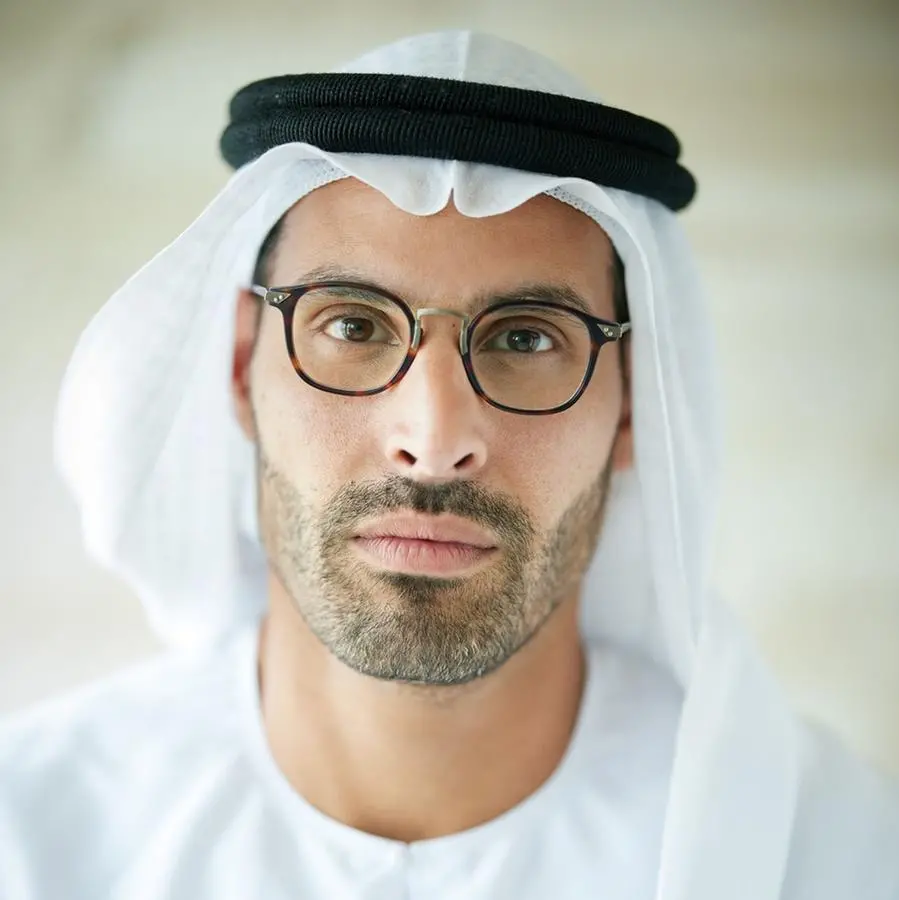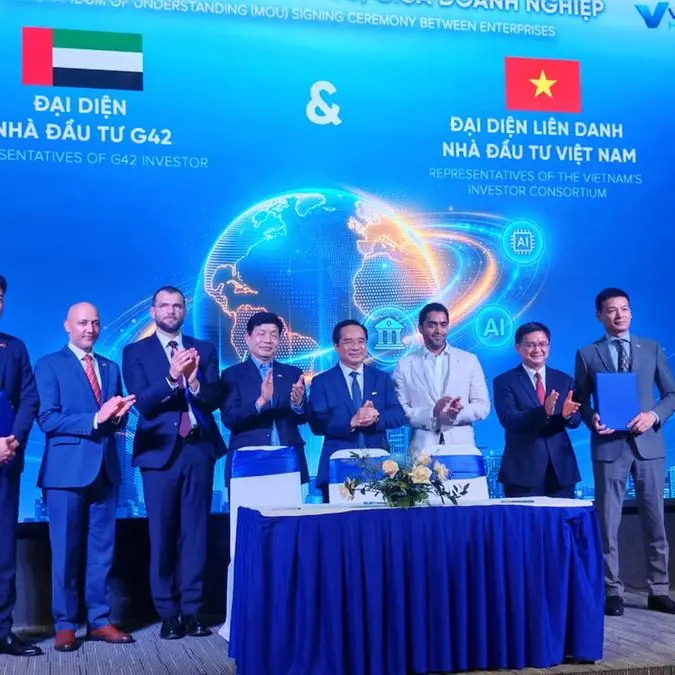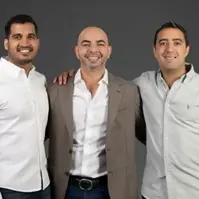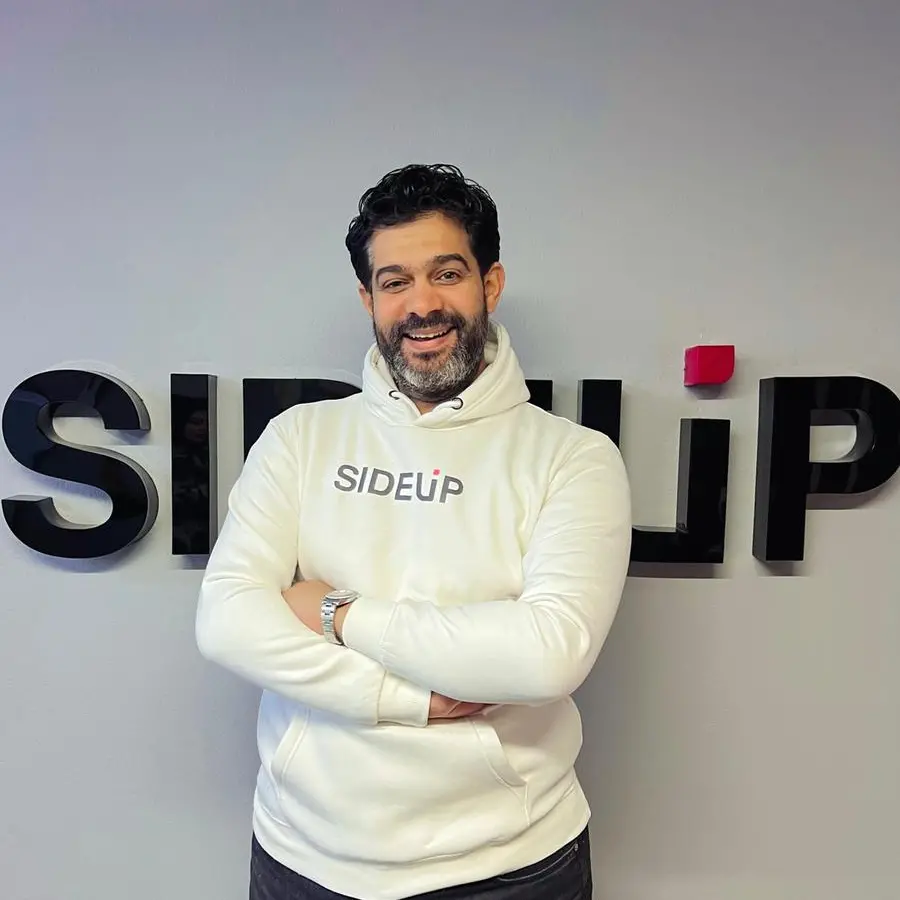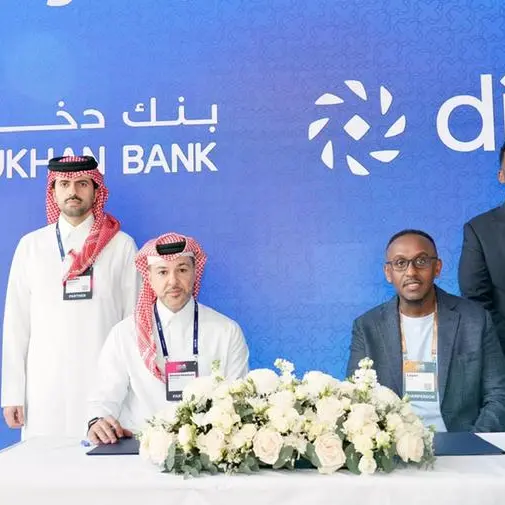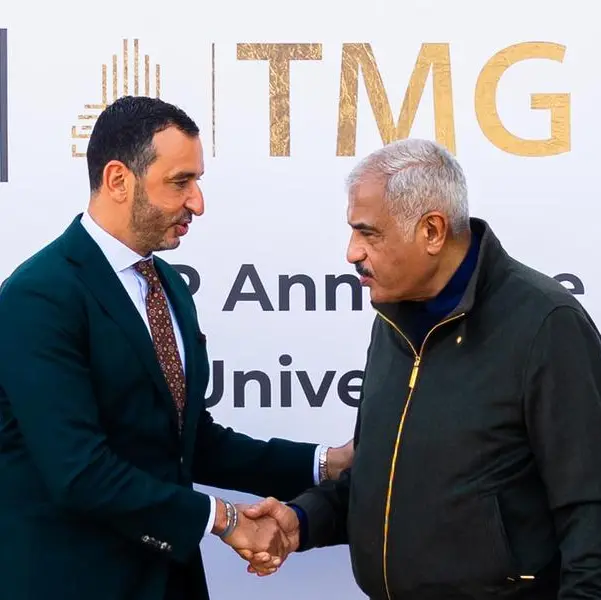Abu Dhabi: Khalifa University of Science and Technology on this date signed a research agreement, which will be co-funded by Aldar properties and Sandooq Al Watan, to develop economical, reusable and disposable contact lenses for those suffering from colorblindness. The project team will include researchers from Khalifa University who are currently working in collaboration with researchers from Imperial College London.
The sponsored research agreement was signed by His Excellency Ahmed Fikri, Acting Director General of Sandooq Al Watan, and Dr. Arif Sultan Al Hammadi, Executive Vice-President, Khalifa University. The research team has already developed prototypes of the contact lenses, which will be refined for personal customization, and the grant from Sandooq Al Watan will support further development and commercialization of the product.
The project aims to benefit numerous people who are suffering from color blindness, for which there is no cure at present. Though filtering glasses and special contact lenses are available, these glasses are often bulky and not compatible with vision-correcting glasses, while the lenses are expensive and do not benefit all users.
Talal Al Dhiyebi, Chief Executive Officer of Aldar Properties, said: “As a responsible business, Aldar is constantly looking for innovative and impactful initiatives that support the community and promote social responsibility. We are immensely proud to be partnering with Khalifa University and Sandooq Al Watan on such a noble cause. This research driven initiative will truly change lives for the better, and reinforce the UAE’s position as leader in pushing medical and research advancement. We very much look forward to seeing the positive outcomes of this initiative.”
Dr. Arif Sultan Al Hammadi said: “We are glad to sign this agreement with Sandooq Al Watan and lead the project that will have broader economic, social and academic impact, globally. Our researchers have consistently worked for the benefit of the community and we see this smart contact lenses project as another example of their commitment to supporting the UAE’s healthcare objectives in line with the Abu Dhabi 2030 vision. We also foresee possible intellectual property benefits, and further commercial potentials including manufacturing of contact lenses in
the UAE, which highlights Khalifa University’s scientific innovation drive in collaboration with partner institutions.”
His Excellency Ahmed Fikri, Acting Director General of Sandooq Al Watan, said: “This agreement comes as an integral part of our vision to advance scientific research in the UAE through investing in researchers to develop their research into emerging projects that will benefit the UAE society and the world; contributing towards strengthening the country’s position as a global leader in the field of healthcare. We are delighted with this agreement which marks an outstanding development in efforts made to provide cure to 300 million color blind patients around the world while supporting the UAE’s healthcare sector goals. We are confident of the positive results that the project team will achieve in the near future, especially with the involvement of Khalifa University’s elite researchers and the supportive environment offered at the institution to conduct cutting edge research that benefits humanity.”
Dr. Haider Butt, Associate Professor, Mechanical Engineering, Khalifa University, is the Principal Investigator of the project and his team members include Dr. Kyriaki Polychronopoulou, Associate Professor, Mechanical Engineering; Dr. Fahad Almaskari, Assistant Professor, Department of Aerospace Engineering; Dr. Sung Mun Lee, Associate Professor, Biomedical Engineering; Dr. Habiba Alsafar, Acting Associate Dean for Student Affairs, College of Medicine and Health Sciences; Associate Professor, Genetics and Molecular Biology; Director of Khalifa University Center for Biotechnology; Dr. Ali K. Yetisen, senior lecturer, Chemical Engineering, Imperial College London.
Other members of the research team include Dr. Mohamed Ismail Ahmed Gabr Elsherif, Dr. Fahad Alam, and Ahmed Elfadil Salih. Currently, there are three groups of Emirati undergraduate students who are doing their Senior Design Projects in relation to this research project.
The project partners aim to manufacture lenses with various optical filtering bands to cover several types of color blindness. The lenses will be made with optimized composition for daily disposable, extended wear, and reusable purposes. The partners will also engage with the Khalifa Innovation Center (KIC), through Khalifa University’s Office of Technology Management and Innovation, to explore the establishment of a startup company.
© Press Release 2021
Disclaimer: The contents of this press release was provided from an external third party provider. This website is not responsible for, and does not control, such external content. This content is provided on an “as is” and “as available” basis and has not been edited in any way. Neither this website nor our affiliates guarantee the accuracy of or endorse the views or opinions expressed in this press release.
The press release is provided for informational purposes only. The content does not provide tax, legal or investment advice or opinion regarding the suitability, value or profitability of any particular security, portfolio or investment strategy. Neither this website nor our affiliates shall be liable for any errors or inaccuracies in the content, or for any actions taken by you in reliance thereon. You expressly agree that your use of the information within this article is at your sole risk.
To the fullest extent permitted by applicable law, this website, its parent company, its subsidiaries, its affiliates and the respective shareholders, directors, officers, employees, agents, advertisers, content providers and licensors will not be liable (jointly or severally) to you for any direct, indirect, consequential, special, incidental, punitive or exemplary damages, including without limitation, lost profits, lost savings and lost revenues, whether in negligence, tort, contract or any other theory of liability, even if the parties have been advised of the possibility or could have foreseen any such damages.
